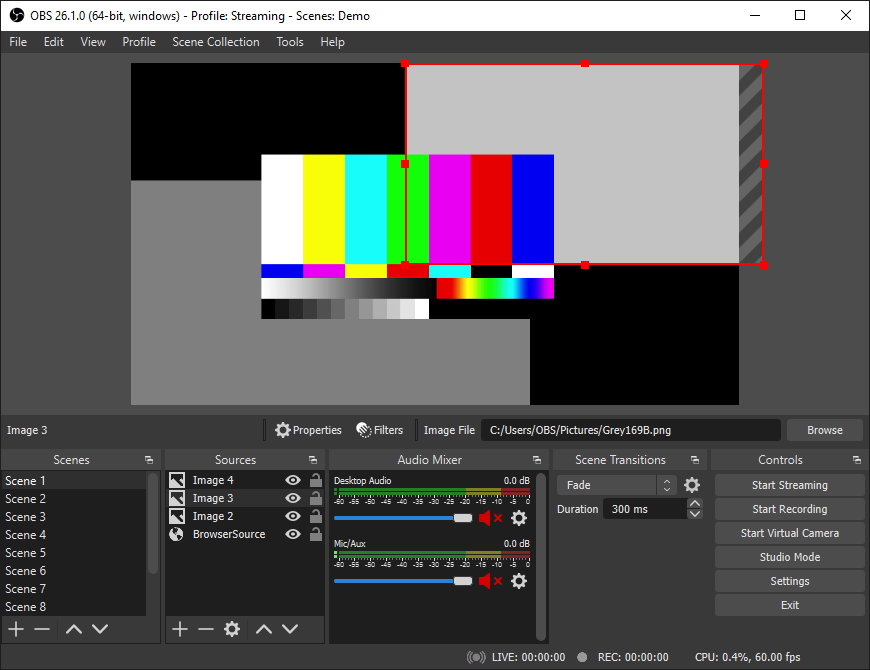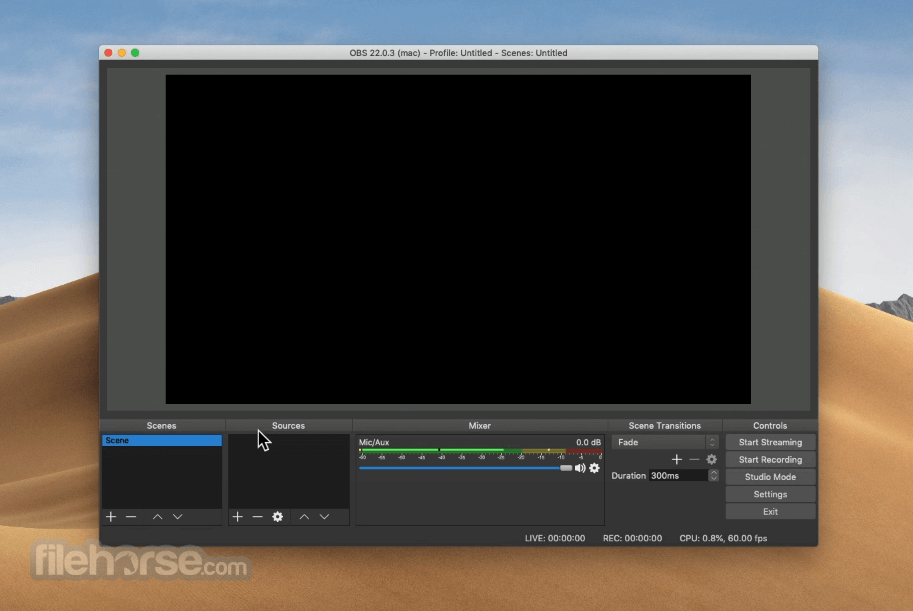

The Mac's age will appear under the name of the model, as something like "Retina, 15-inch, Mid 2014" for a recent MacBook Pro notebook. Mac owners can determine the age of their machine by selecting "About This Mac" from the Apple menu at the far left of the menu bar, then choosing "More Info." from the ensuing window for Mavericks and earlier. Last month, for instance, about a fifth of all Macs were still running 2013's Mavericks, even though the systems were also eligible for Yosemite. Some Mac owners decline the free deal, and ignore the operating system's nagging them with reminders to upgrade. Mavericks, the first free OS X, peaked at 64% Yosemite, the second, is on pace to beat that by just a point or two. If the exceptions to El Capitan's list - machines running Snow Leopard and Leopard - sustain their year-long average losses through September, the month before El Cap is expected to launch, the able-to-run-10.11 Macs will have increased to approximately 94%.īut high able-to-upgrade percentages don't automatically translate into actual upgrades: It's very unlikely El Cap will be adopted by 90% of all Mac owners in its one-year lifespan as the latest. The agent string includes the operating system and its version number. Net Applications measures operating system user share by capturing the "agent string" of the browsers that visit its customers' websites. Together, Lion, Mountain Lion, Mavericks and Yosemite powered 89.7% of all Macs in May, according to analytics company Net Applications' tracking.

Virtually all of those same Macs also fit the prerequisites for the even-older OS X Lion.

With some minor exceptions - Mac Minis between mid-2008 and mid-2009, and 2007-era iMacs with only 1GB of RAM - those requirements are identical to the ones for both Yosemite and its two immediate predecessors, Mavericks and Mountain Lion.

MacBooks from late 2008 (aluminum case) and early 2009 (plastic case) forward MacBook Pro notebooks from mid-2009 and later (13-in.) and late-2007 and after (15-in., discontinued 17-in.) and on MacBook Air laptops from late 2008 and later Mac Mini desktops from mid 2009 and after and the much beefier Mac Pro desktops from early 2008 and forward. OS X 10.11 will run on iMacs from the mid-2007 model on on 13-in. El Cap will run on the same Macs as now run 2014's Yosemite, 2013's Mavericks, 2012's Mountain Lion and 2011's Lion, according to reports of the newest OS X's system requirements, which have been confirmed by Computerworld with developers, who asked for anonymity.


 0 kommentar(er)
0 kommentar(er)
